It’s an established fact according to the psychology community that childhood experiences can shape the trajectory of our adult lives to an immense degree. Unlike physical abuse, which often leaves visible marks, it’s a lot harder to identify the emotional neglect and abuse that you might have experienced as a child. As a result, you grow up thinking you turned out alright because all your scars are on the inside, subconsciously influencing all other relationships, how you see yourself, and the choices you make. Thankfully, you can begin to heal these hidden wounds by identifying the ways your parents may have failed you emotionally. Here are some common behaviors of emotionally neglectful parents that can influence your psyche well into adulthood.
1. Acting cold or detached

As primary caregivers, parents are the first people from whom you learn to seek emotional connection and validation. It makes you feel abandoned when they don’t hug you, kiss you, play with you, tell you they love you, or ask about how you’re doing. When parents are not present for you emotionally during your formative years, even when they take care of all your physical needs, it can cause you to become hyper-independent. You may grow up feeling like the only person you can rely on is yourself. It might be difficult for you to ask for help or form healthy attachments with other people.
2. Not offering praise or reassurance
If you grew up never hearing what you think or say matters, that you’re worthy and beautiful inside and out, you might struggle to feel confident in your abilities as an adult. If, when you shared good news or excitement as a child, it was immediately followed by a cutting remark, you might learn to stop seeing your accomplishments as something worth celebrating. Now, when something good happens, you move on quickly or hold your breath, waiting for the other shoe to drop.
3. Exposing you to violence
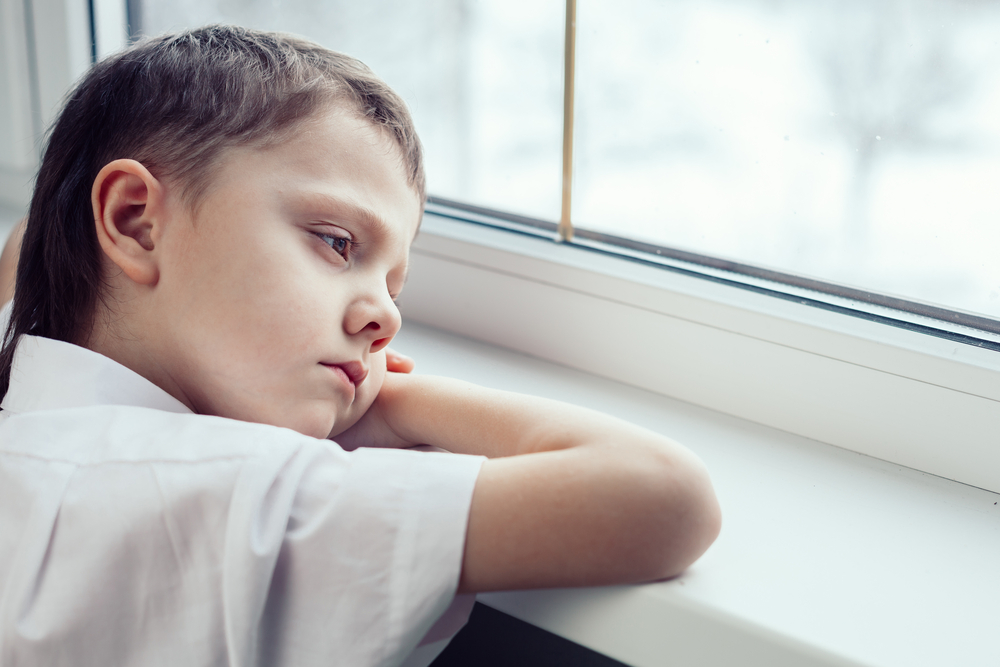
You don’t have to experience violence or physical abuse first-hand for it to rock your world and, as a child, your mental state is still extremely vulnerable to the world around you. Witnessing a parent inflict harm on a sibling or the other parent can be a lot for a child’s mind to process. You might interpret it as normal and internalize that it’s how love is supposed to be, making you more likely to repeat the cycle, becoming either a victim or an abuser.
4. Not taking an interest in your life
The majority of your childhood life is typically spent in the company of your parents. In a healthy parent-child dynamic, you’re going to come to know each other pretty well. Your parents aren’t just meant to feed, clothe, and house you and call it a day. They’re supposed to be curious about who you are, what you like, who your friends are, and what sports you’re considering trying out for. When parents neglect to encourage your personal expression, you can grow into a lonely adult with an unclear sense of self.
5. Ignoring your attempts to connect emotionally
It’s human instinct to seek emotional connection according to Psych Central, but when you spend your childhood trying and failing to get your parents to notice you and demonstrate their love for you in a way that resonates with you emotionally, you learn to stop trying. Now here comes the emotionally unavailable adult who runs away at the first signs of intimacy and keeps self-destructing every romantic relationship.
6. Saying mean or hurtful things
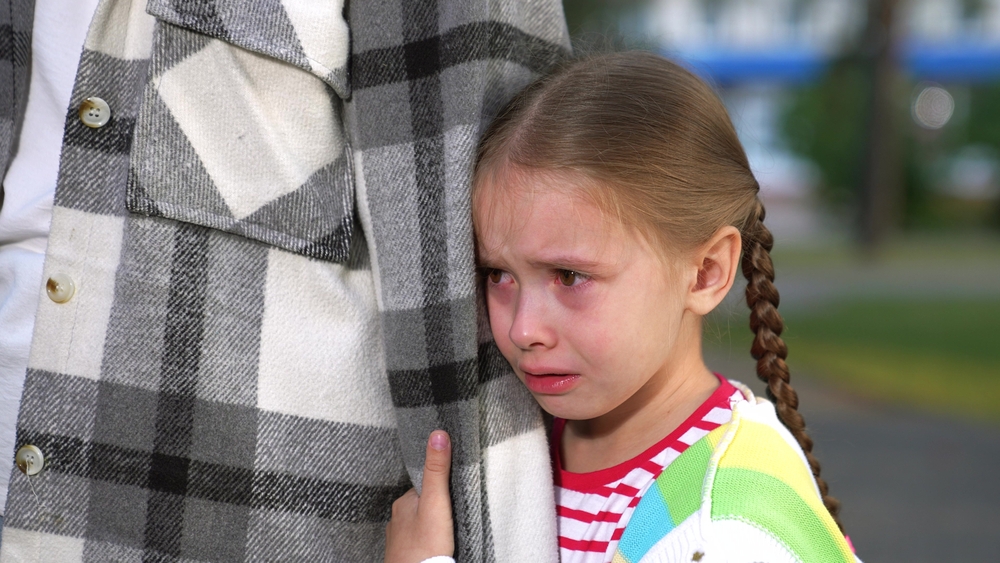
Every time you were compared to one of your peers for not being as smart, tough, responsible, or good as they were, it chipped away at something inside you. You can’t build a wall strong enough to completely keep negative comments from getting to you. If you’ve been belittled, called names, and told that you are no good, you may unwittingly accept these opinions about yourself. Decades later, you may find yourself settling for the first person who comes along or that low-paying career because you don’t believe you can do better.
7. Leaving you to deal with your issues alone
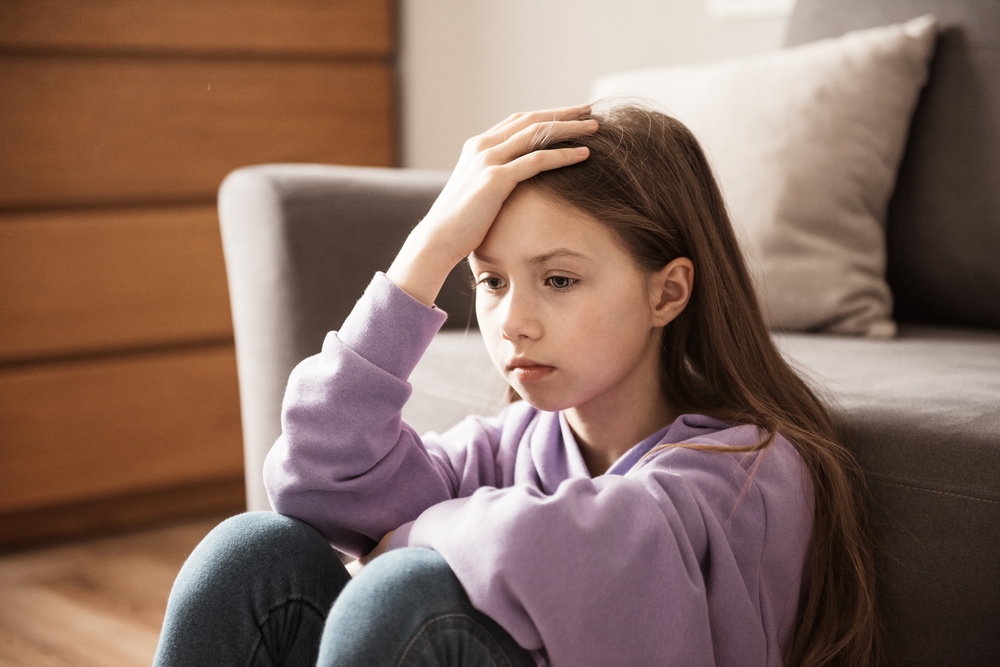
Emotionally neglectful parents often forget that it’s their job to help their kids navigate life. They’re supposed to provide a safe space for you to come to them with your problems so they can comfort you or help you solve them. I learned very early on that I could not count on my parents for help with most things that affected me. Fights with siblings or friends? Adults propositioning me? Struggles with schoolwork? I had to figure it all out for myself. Even now, I find it difficult to confide in others or ask for help when I need it.
8. Not displaying empathy in moments of distress

No one is born with the ability to process all our emotions appropriately. We have to learn to regulate our feelings, and one of the ways we do this is via our interactions with immediate family members. We learn to mirror what we see and deal with our emotions based on other people’s reactions. It’s easy to become emotionally dysregulated or develop unhealthy coping mechanisms when your parents don’t help you identify and manage your emotions as a child.
9. Acting without consideration of how it affects you

Causing (second-hand) embarrassment is the stock-in-trade for many emotionally neglectful parents. They make jokes at your expense, turn your mistakes into dinner-table conversation, and use your soccer practice as a chance to get into a nasty brawl with a neighbor. They constantly do things that bring unwanted or negative attention their way. When this happens, you might resent anything that puts you in the spotlight, good or bad. You avoid taking risks, trying new hobbies, or even asserting yourself at work.
10. Punishing you for expressing certain emotions
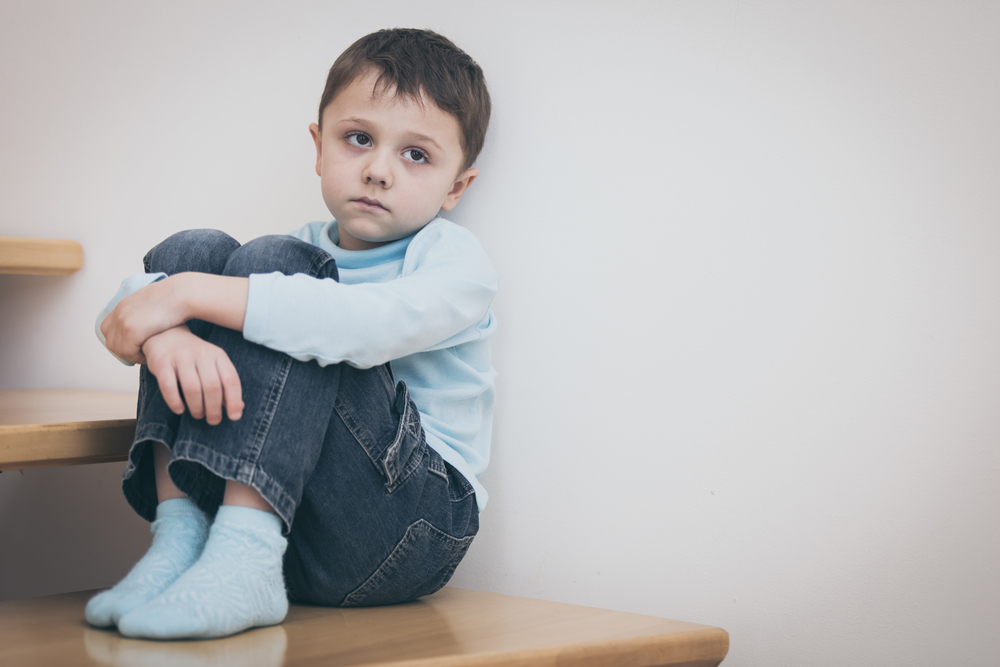
Once, when I was nine, I got the courage to tell my mom about how I felt like she didn’t want me around or like me because she never showed me any kind of affection. She reacted to this by calling me unprintable names, accusing me of being ungrateful, punishing me, and making me apologize for feeling that way. It’s no surprise I’m uncomfortable discussing my feelings to this day, and I’d rather swallow my emotions to avoid confrontation—behaviors I’m working to overcome in therapy.
11. Dismissing your experiences and feelings
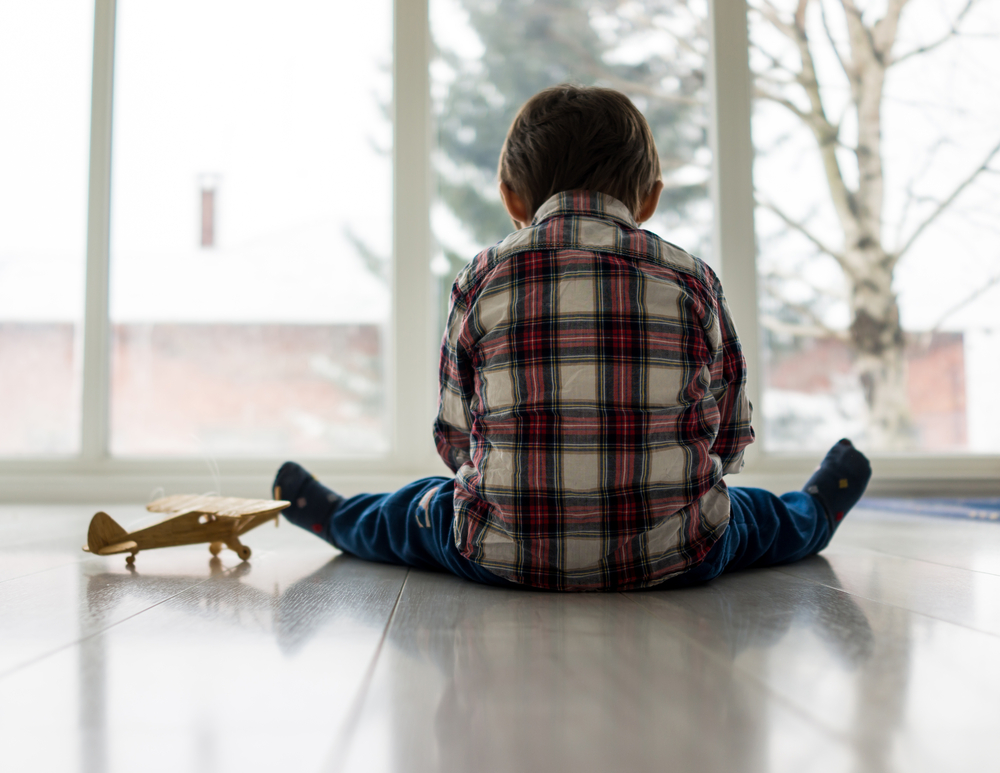
Rather than listen to and acknowledge your feelings and explain their intention, an emotionally neglectful parent might insist that the problem is the child’s feelings and not the situation. It’s your fault because you’re too sensitive and you can’t take a joke, so you start to stuff things down because there’s no space for you to express your emotions. This can lead to all kinds of issues later in life, including substance abuse and insecure attachment styles.
12. Not supporting or intervening for you during disagreements

As a child, when a parent constantly shows that you cannot rely on them to have your back or not blame you whenever something happens, it can impede your ability to trust. As an adult, this can manifest as emotional unavailability, fear of intimacy, lack of confidence, and insecurity because you can’t trust that other people will be there for you.
13. Making you feel like a burden
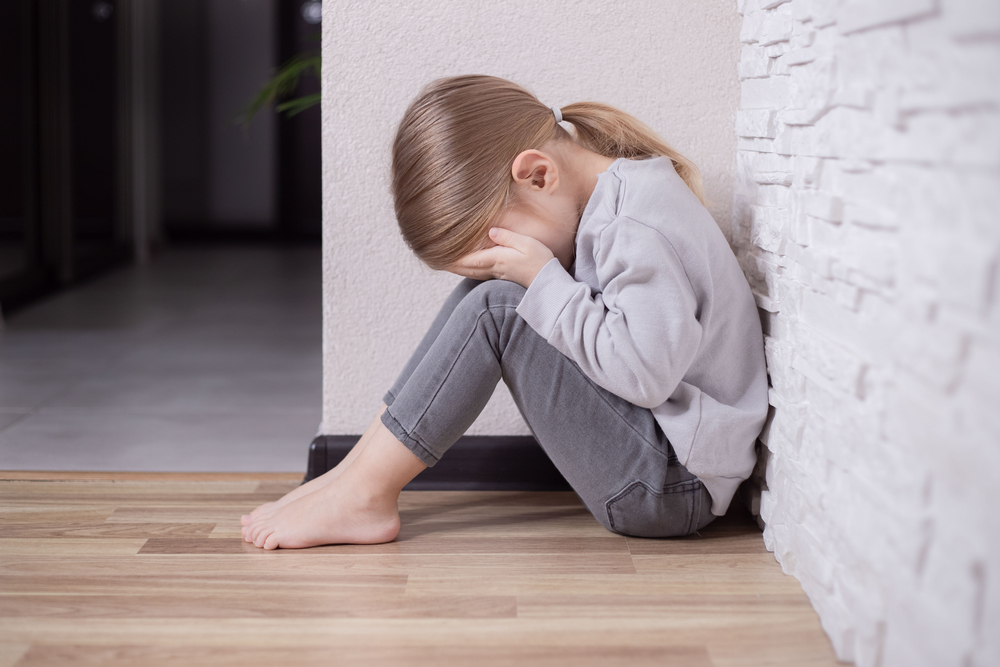
It’s a terrible thing to grow up feeling like an inconvenience or being told how much your existence complicates your parents’ lives. Some kids overcompensate by becoming high achievers and taking care of all of their needs because they think it’d somehow earn them the parental affection and approval they crave. Others become chronic people pleasers or develop low self-worth.
14. Constantly criticizing a child’s every move

Another thing emotionally neglectful parents do that can scar you for life is nitpicking whatever you do. If you wear an outfit, they say it doesn’t suit your body type. If you volunteer to make dinner, they complain about the way you made the chicken. When you come second in class, they wonder if the person who came first has two heads. Being exposed to unrelenting criticism as a child can lead to perfectionism, poor self-esteem, and personality disorders.
15. Not respecting boundaries

Whether it’s done in the name of discipline, to assert authority, or because they don’t see you as a full human who deserves to have their autonomy respected, it is unacceptable for parents to continuously violate your boundaries. It’s not okay for them to read your diary, spy on you everywhere you go, or barge into your room without knocking. When your boundaries are disrespected as a child, it sends a message that other people’s needs, desires, and feelings matter more than your own. It can be hard to unlearn this message even as an adult.








